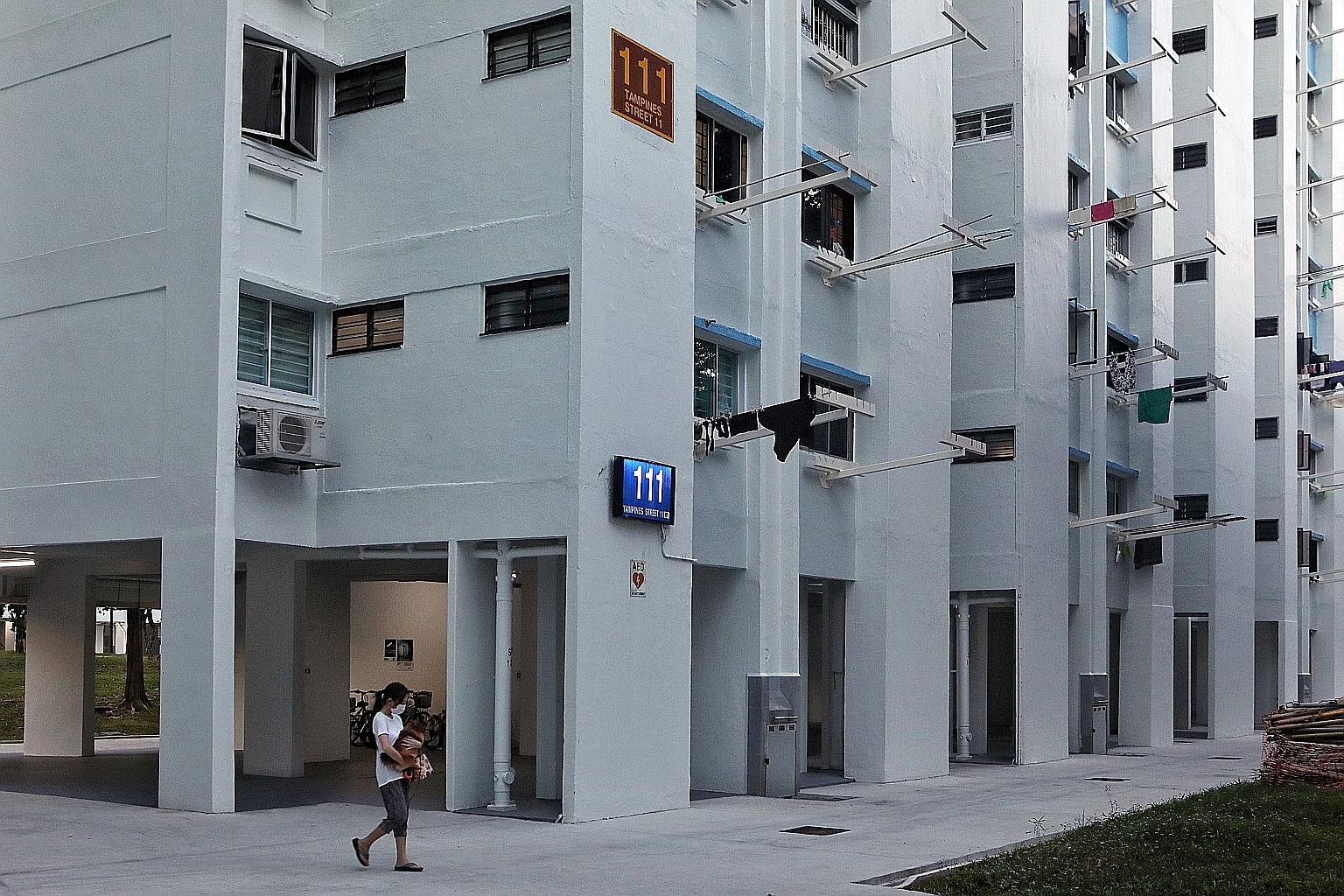The numbers are small, not unexpected, but nevertheless still worrying. The key lies in the concept of exponential growth.
And exponential growth has been what is happening with Covid-19 around the world - it took seven days for global numbers to go from eight million to nine million, but only five days to increase from 10 million to 11 million.
What it means is that when there is an uncontrolled outbreak, the numbers could surge very rapidly. It is not a slow increase in transmission that can be easily taken care of.
Health Minister Gan Kim Yong said at a virtual press conference on Thursday that the number of new cases in the community has increased to an average of eight cases a day in the past week, from an average of four cases a day in the week before. There were 11 community cases yesterday.
The phase two reopening of the country following the circuit breaker began on June 19. That was when non-essential shops were allowed to open for business, and people could eat out or meet up for sports, but limited to groups of up to five people. Masks must be worn when people are outdoors and safe distancing still applies.
So there were four community cases a day in the first week of reopening, doubling to eight a day in the second week. Singapore is now at the start of the third week.
Exponential growth means the increase goes something like this: four, eight, 16, 32, (daily numbers doubling every week in the first month), 64, 128, 256, 512 (second month), et cetera - and these are the numbers of new infections each day - if the transmission chain is not stopped.
The Government is of course doing its best to identify such community infections early and to isolate close contacts who may have been infected, and so break the chain of transmission. So, hopefully the number of new infections will not be that bad.
Unfortunately, there was an average of four unlinked community cases a day in the past week - which means the person who infected a patient may also have infected others who have yet to be identified.
Furthermore, it is now known that people could pass the virus on even before they start feeling sick, so the fact that someone feels perfectly fine is no assurance that he does not have the virus and is not passing it on to others. If the number of infections continues to rise, then further easing of measures will be a long time coming, and in fact, more stringent measures may be imposed.
Keeping numbers down is not helped when people do not cooperate - like half the 160 people linked to 58 households at Block 111 in Tampines Street 11 who may be at risk from confirmed cases there but did not want to be tested.

Nine people living in the block have Covid-19. They come from two households on different floors, with no interaction between them, but sharing the same lifts and stairwell.

The source of infection for one household is known - one member got it when working in a foreign worker dormitory, and likely passed it to the rest of the family.
The source of infection for the other family has not yet been established.
Fearing the source might have been the first family, the authorities contacted the 58 households that share the same stairwell and lifts, because if the virus could have been passed to someone in one other household, then others might also have contracted the disease.
In 2003, the severe acute respiratory syndrome, or Sars, came to Singapore because a woman caught the virus by using a lift an infected person had used in Hong Kong before her, and brought the bug here.
All 160 people - residents of the households and their visitors - identified were offered the swab test to check if they had become infected. Only slightly more than half accepted the offer.
It was not made compulsory because the link is tenuous and the risk considered low.
However, among the nine people infected, several may have left their homes while infected but before they had been diagnosed.
It would make sense for all 160 people to be tested so they could be assured they have not caught the virus and thus, would not spread it.
Yes, if they are infected, but are only mildly ill, the three weeks of isolation to clear their system of the bug would be a hassle. The swab test is also not a comfortable one.
But being tested is something that could help in the fight against Covid-19, and hence, something no one should refuse. Just because the risk of their getting it from their neighbour in the block is low does not mean it is non-existent.
So far, all 85 who were tested have been found to be negative.
But all it takes is for one of the remaining people who have not been tested to be infected and the transmission continues.
What is happening at Block 111 in Tampines reflects the more aggressive approach Singapore is adopting under phase two, where a larger group of potential contacts is identified, tested, and if necessary, isolated.
National Development Minister Lawrence Wong, who co-chairs the task force, explained: "If someone has the infection and if the person doesn't see a doctor quickly, goes out to work, to dine out, then the risk of transmitting it to other people goes up, and there is that risk of larger clusters forming."
So in the coming weeks, more people may be asked to test for the virus. Hopefully most, if not all, will agree to do so.











